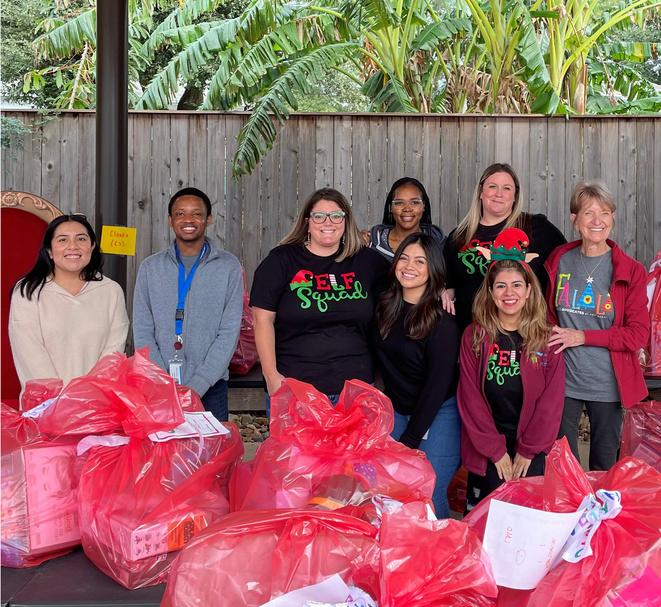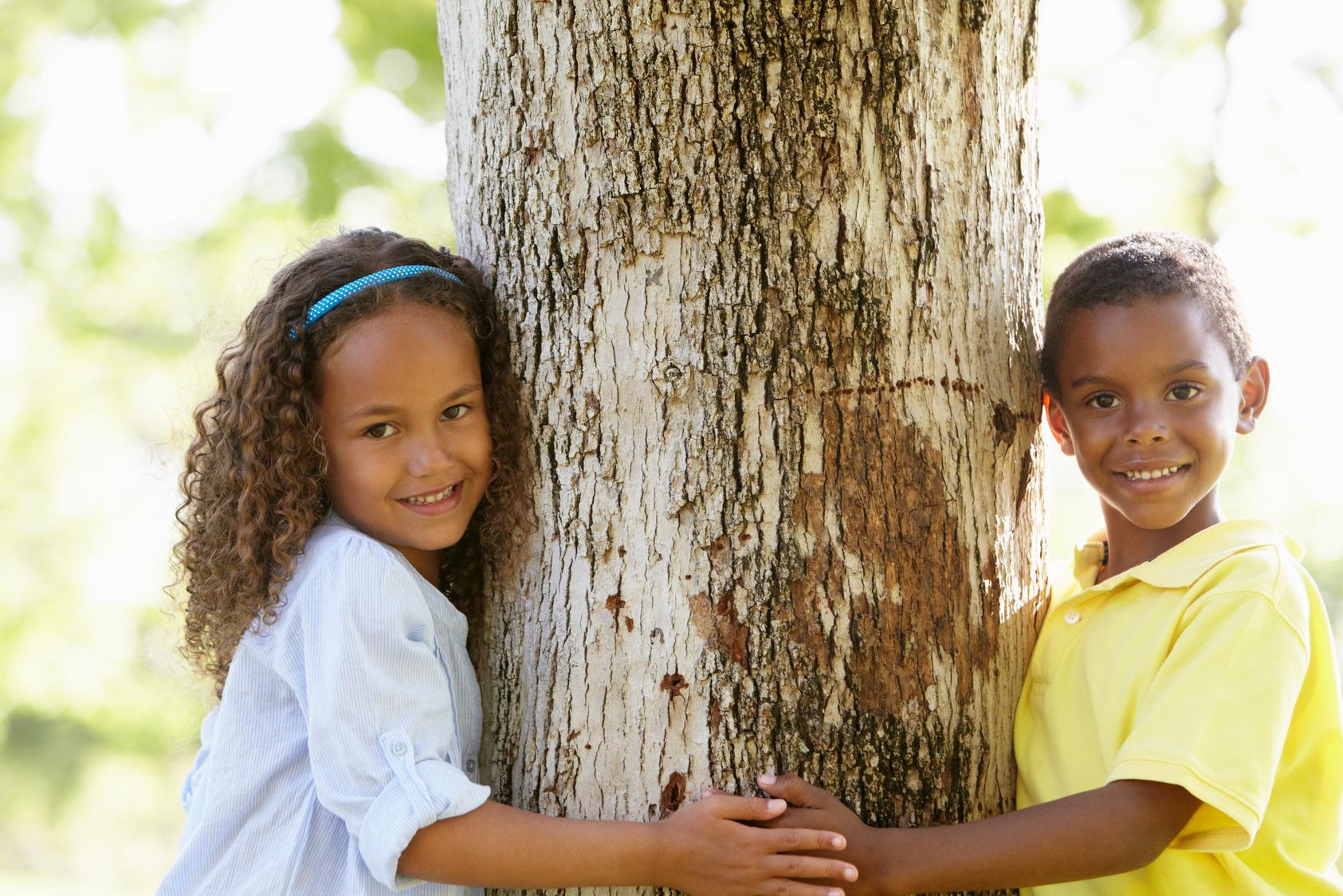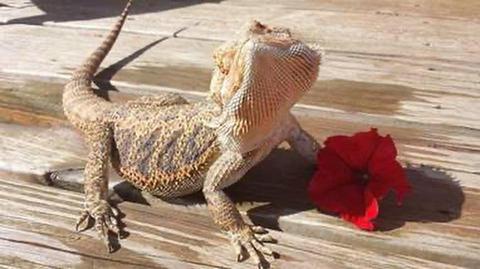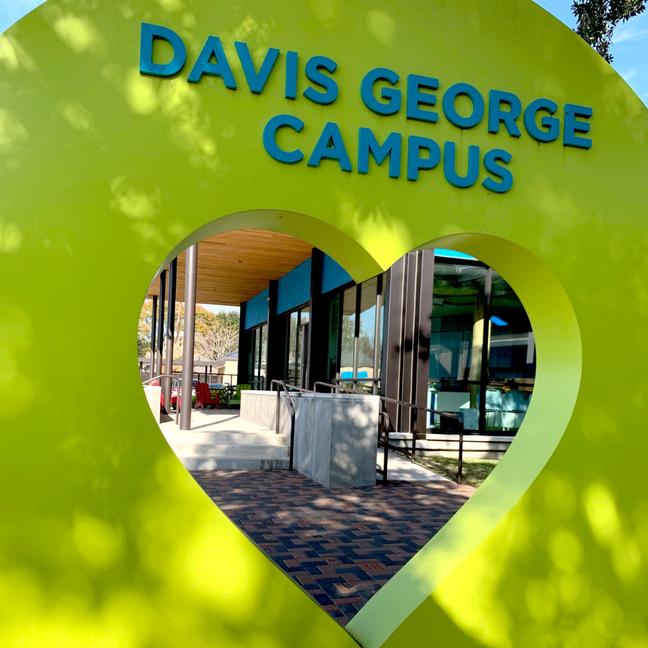
6 minute read
CASA PROGRAM GROWTH IN SERVICES
By Metoyer Martin
The CASA program served it’s first child in 1992 with one dedicated advocate Since that time, we have served over 2500 children with more than 850 CASA volunteer advocates Over the years, we have witnessed more intense case dynamics as children and families are experiencing more complex trauma Due to the intense needs of the children and families, the CASA program increased our advocacy services
Advertisement
In addition to court advocacy, Child Advocates of Fort Bend has developed trauma informed aged specific programs from birth to 21 years old in a “continuum of care ” model Services include: Infant and Toddler (birth to 5-year-old children), NEST (for 6–13year-old children), and WINGS (for 14–21-year-old youth transitioning into adulthood). Each program incorporates strategies to help children address trauma, develop support networks, plan for successful transitions, and enhance their educational and developmental goals.

Infant And Toddler Program
The Infant and Toddler program is an outgrowth of a national ilot for Zero to Three In 2005, the program was brought to Fort end County under the leadership of a local family court judge s a result, CASA expanded services to address the specific eeds of the infant and toddler population This program ecognizes that the early years are critical in early childhood evelopment CASA volunteer advocates monitor children’s ealth and medical care, cognitive and milestone development, nd facilitate connections between families of origin and foster amilies to build support networks During parent-child visits, ASA volunteer advocates are trained to amplify the positive nd help parents value the possible in themselves and their hildren By modeling during parent-child visitations, advocates ently guide parents to support their children’s optimal cognitive, motional, and social development In the Infant and Toddler rogram, advocates monitor younger children and attend court ore frequently recognizing change occurs rapidly during these ritical years in a child’s life.

Nest Program
Child Advocates of Fort Bend launched the NEST program in 2011 The NEST program supports elementary and middle school children ages 6-13 in Department of Family and Protective Services’ (DFPS) custody. The goal of the program is to assist school-aged children in forming solid academic foundations, facilitate positive social interactions, reinforce health and hygiene practices, and build support networks When a child is placed in DFPS custody, they experience immediate trauma and their academic success decreases Children in foster care attend an average of six different schools in their K-12 education due to placement changes during their time in care Students lose about 6 months of academic progress every time they change schools CASA volunteer advocates work closely with educators to develop personal educational and behavioral goals for each child In efforts to motivate students, each semester the NEST program hosts an incentive party to celebrate successes.
Each summer, the NEST program hosts a Back-to-School Workshop. Over the course of a week the youth learn about health, proper nutrition, and how to establish hygiene habits and routines. The youth also participate in different educational workshops within diverse settings in the community to foster relationships that encourage social development The goal is to provide resources, tools, and new experiences for the children to implement when the school year begins
To enhance educational advocacy, Child Advocate of Fort Bend developed an Education Council in 2019 The Education Council is a group of CASA Volunteers representing both the CASA
Program and the Children’s Advocacy Center Program. The Council collaborates to develop an optimal plan to assist CAC and CASA Volunteers in supporting children with educational needs. The goal is to give guidance and help our volunteers to navigate the school system to improve education outcomes for children we serve Our committee is filled with seasoned and experienced educators Among our diverse members are principals, superintendents, school counselors, teachers, and special education teachers

Wings Program
Child Advocates of Fort Bend launched the WINGS program in 2005 to better equip CASA volunteer advocates to prepare foster youth ages 14 and older for the transition from the foster care system to independence The goal of the program is to empower youth with tools and connections to support a healthy transition into independence. The program is based on the belief that there are three critical components to making that transition successful:
1. Recognizing and understanding trauma
2.Building connections and lifetime support network
3 Supporting individual goals and transition plans
Throughout the year, youth participate in interactive, educational activities including a weeklong Lifeskills Workshop, weeklong Campus Crawl and community service projects Youth learn about managing their personal finances, opportunities by traveling across Texas to visit community colleges, vocational schools, and 4-year universities to learn about the admissions process, financial aid, and campus life and culture They are also connected with student organizations on each campus specifically designed for foster care alumni

National statistics show only 3% of former foster youth earn bachelor’s degrees We strongly believe this is due to a lack of support for these youth We continue to support our youth when they enroll in college by providing care packages each semester and checking in throughout the year so we can continue to be a support system as needed even from afar.
Collaborative Family Engagement
Child Advocates of Fort Bend’s Collaborative Family Engagement (CFE) partnership between Court Appointed Special Advocates and the Texas Department of Family and Protective Services was initiated in 2016 Interagency teams trained and began working together to engage caring adults to support children in the foster care system and build lifetime networks of family, fictive kin, and community members to provide continued support after a child is no longer in the conservatorship of DFPS. CFE is integrated within all of CASA’s specialized program. CASA volunteer advocates are trained to utilize tools that assist in family finding and helping families recognize available support systems to them Knowing that every child in the child welfare system has experienced trauma to some degree, CFE strives to decrease long-lasting issues and help these children move on with their lives in a family environment Working together to strengthen families helps provide accountability, safety, placement, permanency, and healing CFE also recognizes children heal through relationships, and that every child has a family who can be found through perseverance.
Courtesy Casa
Child Advocates of Fort Bend employs a Courtesy CASA position to make visits to children for the purpose of ensuring their safety and well-being as well as promote the local CASA program ’ s relationship with the child and strengthen the local program ’ s advocacy for the child The goal of the program is to provide knowledge of well-being and unique needs for children placed outside of their communities to enhance trauma-informed advocacy and to empower children giving them a voice to share their experiences Courtesy CASA visits give local programs throughout the state of Texas who have children placed outside of their region the unique benefit of still having a trained CASA visit their child face-to-face
Local CASA programs can request Courtesy CASA visits for children who are in urgent need of an in-person visit that their volunteer or program cannot currently provide.
Once a visit has been made, the Courtesy CASA can report their findings and provide pictures of the children and their placement directly to the local CASA program The information gathered during the visit allows the primary CASA and their supervisor to make informed recommendations to the judge and ensure the child’s needs are being met

Trauma And Wellbeing Program
Children in foster care experience significant trauma before they come into care but entering the foster care system can exacerbate the trauma When a child enters care, they have experiences of grief and loss, uncertainty, instability, and many other unintended consequences It is imperative for our CASA volunteer advocates to be trauma informed when working with children and families Advocacy through a trauma informed lens can change the direction of a case as well as ensure caregivers have the necessary information to meet the need behind the behavior rather than viewing the behavior as willful disobedience.
Developed in 2022, our Trauma and Wellbeing Program educates, supports, models, and encourages trauma informed advocacy for CASA staff, advocates, and community partners The program also monitors risk management and safety for children and families served The Trauma and Wellbeing program is responsible for ensuring culturally competent advocacy is incorporated into the service delivery for children and families The goal of the program is to support the healing process of children and families involved in the foster care system that have experienced trauma through educating all stakeholders utilizing trauma informed practices
CASA volunteer advocates are immersed in trauma informed care practices from the start of their journey with Child Advocates of Fort Bend. We provide trauma informed case staffings monthly ensuring we have reviewed the case file looking for connections for the child, understanding the challenges with any behaviors a child may be exhibiting, and ensuring the caregivers have available resources to help them meet the child’s needs to address the challenging behaviors as well as meet their own personal needs The Trauma and Wellbeing Program is also part of Fort Bend County’s TBRI Collaborative The TBRI Collaborative was developed by four community partners including Child Advocates of Fort Bend, Parks Youth Ranch (a local emergency shelter for homeless youth), Fort Bend County Juvenile Probation, and Fort Bend County Behavioral Health Services The goal of the Fort Bend TBRI Collaborative is to support the healing process for Fort Bend youth who have experienced trauma by facilitating training based upon Trust-Based Relational Intervention
The collaborative hopes to equip child welfare professionals, volunteers, teachers, juvenile justice professionals, and others who serve or come into contact with vulnerable populations with the tools and techniques that bring healing.
The growth in services through our CASA program has led to increased and better advocacy for the children and families served. Our CASA volunteer advocates are more equipped to fufill their roles as Guardians ad Litem, and the children and families are set up for better outcomes







